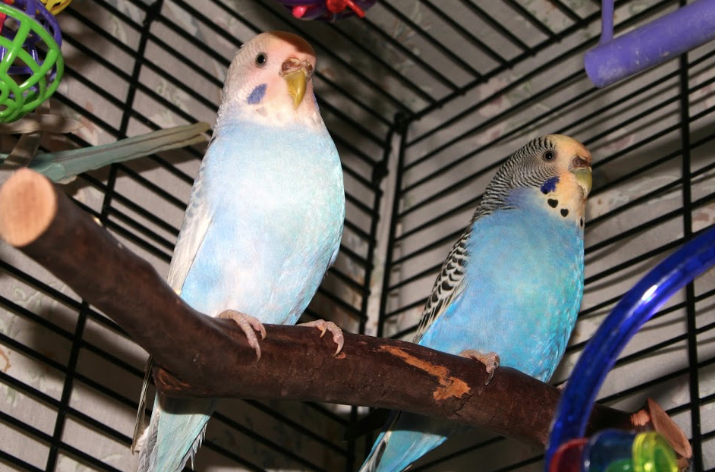The role of a pet owner is never more complicated than when a companion animal becomes ill. Pets often dislike the taste of medication and their refusal to cooperate can mean they do not get the help they need. Bird owners may struggle even more because of the delicate nature of birds and the difficulty of force-feeding without causing harm. Compounding can help to make medication time easier.
Leave Food Alone
Many vets recommend bird owners add the medication to their pet's favorite treats or mix the drug with water or food for the pet to consume. If the bird does not eat the entire meal or drink the water, the medicine goes to waste and the pet does not get the help they need. The owner may not even know how much medication the animal consumed.
Medication mixed with water potentially creates an added concern. The bird may refuse to drink if the medication makes the water taste unpleasant. Dehydration is always a serious concern for birds and becomes even more worrisome when the bird is already ill.
Compounding can change the flavor of the medication to become something the animal enjoys. The potential to coerce the bird into consuming the medicine without the need to mix it with anything allows the owner to know the pet got the correct dosage. The bird gets the help they need, and they can eat and drink comfortably because their food and water taste normal.
Avoid Common Concerns
Compounding makes it more likely the bird will take their medication without the need to force-feed a sick bird. This is particularly useful because stress is dangerous for any bird and even more worrisome when the bird is already sick. Owners should generally restrict how much they handle their birds during an illness, so compounding may provide a less contentious dosing experience.
Additionally, compounding pharmacies can often mix medications into one formula, so a pet with many drugs to take has fewer interruptions during their day. The combination drug reduces the risk of missing medication or overdosing an animal out of confusion when they need multiple medications. Combining some medication may also save the owner money as well.
Furthermore, some medications cause side effects, and the risk and severity of the side effects may increase the longer the animal stays on the drug. Compounding pharmacies sometimes offer a more concentrated version of a drug, so the owner can reduce how long the pet needs to take the medication.
The size of the bird could also become a concern. Some standard doses are too much for a smaller animal and cutting or crushing a pill at home is not always accurate. Compounding can create the medication dose in a size that is best for the weight of the animal.
Have Multiple Options
Pharmacies that compound medication for pets offers several types of bird treatments. Common methods include topical sprays, flavored gels, liquids for oral use, and medicated treats. The options sometimes depend on the drug and the needs of the pet, and sometimes the delivery method changes because of the preference of the bird.
Get More Information
Pharmacists that work with pet medication and compounding for veterinary use also have tips for the care of ailing birds. The staff can help pet owners when they have concerns about the health of their bird or the pet's unwillingness to take medication.
Food-producing birds, even if kept solely as pets, cannot take certain drugs because of FDA rules. The restrictions and the sensitivity of birds make it important for pet owners to only use pharmacies with experience in compounding for avian species. At Camelback Compounding Pharmacy, we can help with most pet medication needs. Call us today for more information.

